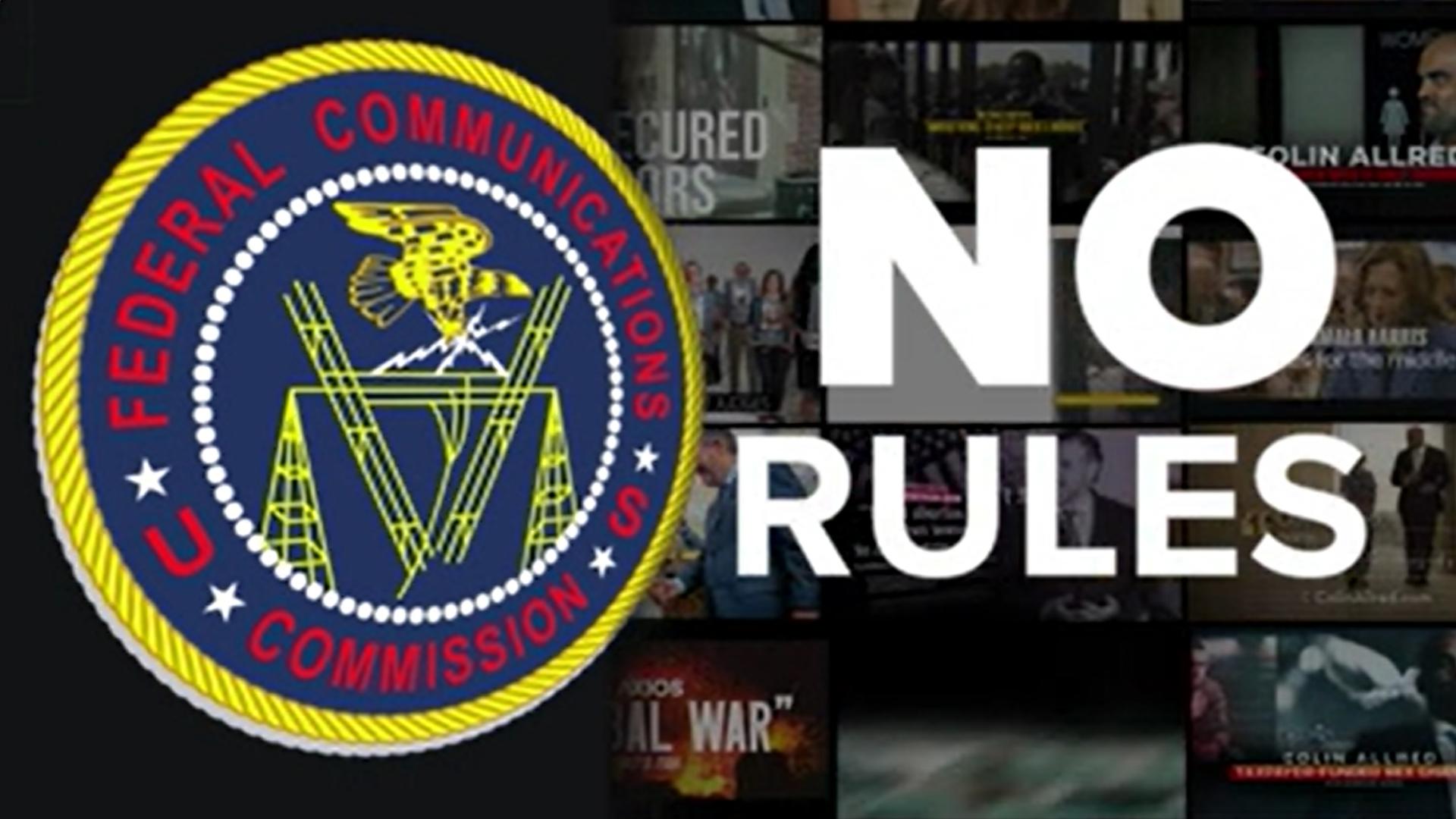HOUSTON — Some people have reported seeing an increase in election-related text messages containing web links that could be potentially harmful. Referred to as smishing, these text messages seem like they come from a reputable company or organization, but they do not. Viewers have reached out to the KHOU 11 Verify Team asking about texts they have received.
THE SOURCES
Federal Communications Commission (FCC)
Federal Trade Commission (FTC)
RoboKiller
Nitesh Saxena, Professor of Computer Science & Engineering & Associate Director of the Texas A&M Global Cyber Research Institute
WHAT WE FOUND
According to the Federal Trade Commission, the Do Not Call registry does not apply to political texts, phone calls, or calls from nonprofits and charities.
The Federal Communication Commission (FCC) says, "In general, informational robocalls and robotexts to mobile phones require prior consent, and calls to landlines are allowed without prior consent." Voters may not realize they are giving their consent because it can happen in a variety of ways.
Texas A&M Computer Science professor and associate director of the Texas A&M Global Cyber Research Institute, Nitesh Saxena says, "When we share our phone numbers voluntarily, those companies often share our data with others. We use phone numbers for two-factor authentication. These services often get compromised which leaks our phone numbers to the public. There are lots of other websites or data scrapers that mine our numbers from public records and sell it to whosoever is interested."
Texting the word "stop" to end messages from legitimate sources should unsubscribe the user from the list of numbers. If the message is fraud or spam, Saxena says, "There could be would be no way for us to block it, unless your phone service provider blocks that number or if you are using an anti-spam app on your phone. But, even so, the attackers keep updating their phone numbers or use hijacked phone numbers to send you these messages."
RoboKiller is one of those smartphone-blocking apps that claim to block spam calls and texts. The company also tracks how many political-related messages users receive. According to data from October 2023, Texas is among the top states in the country that receive the most political robocalls and political robotexts.
If you click any links associated with scams or fraud schemes the links could prove to be devastating. "These links may be phishing links which may ask us to provide our login/password information for our online accounts. Sometimes these could be fraudulent links hosting some malware and clicking on these could get that malicious software installed on your phone. If it’s a smishing scam, replying to it could fool you into making payments to the fraudsters." says Saxena.
It can be difficult to spot to decipher legitimate messages from fake ones. However, if a message appears to look suspicious or has links in it for people to click, Saxena recommends reporting the message to the Federal Trade Commission.

